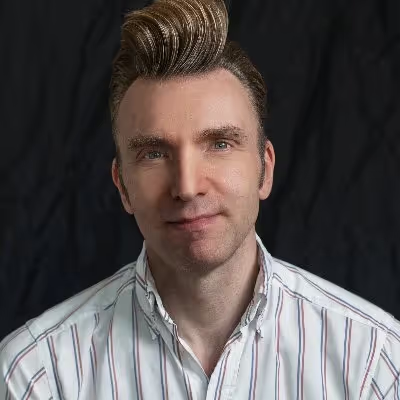In this lecture, Mark Pennington will speak about his recent book Foucault and Liberal Political Economy, published by Oxford University Press. Pennington will cover such topics as the problem of over-government and the relationship between state power and decentralized forms of power. He will argue that avoiding the dangers of over-government will call on us to re-explore the value of the "negative" freedoms and rights emphasized by the classical liberal tradition.
About Mark Pennington:
Mark Pennington has been Professor of Political Economy and Public Policy in the Department of Political Economy, King’s College, University of London, since 2012, and is currently Director of the Centre for the Study of Governance and Society. Prior to King’s he taught for twelve years in the Department of Politics and International Studies at Queen Mary, University of London. He is also a co-editor of The Review of Austrian Economics. He has a PhD from the London School of Economics and Political Science.



.avif)